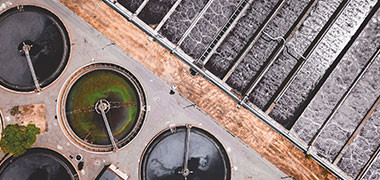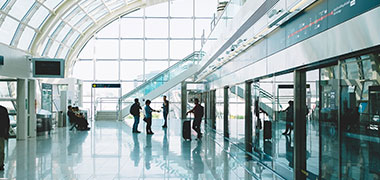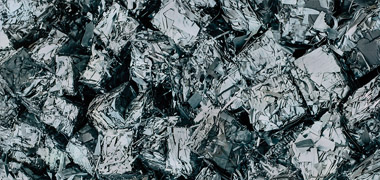Corrosion Control
Why Is Corrosion Control Important?
The primary corrosive gasses found in electrical operation and control rooms are H₂S, HF, HCl, Cl₂, SOx, NOx, O₃, NH₃, Small quantities of these compounds (only a few ppb), can create highly corrosive environments (ISA Standard 71.04). H₂S affects the quality of the environment, human health, and the durability of the engineering materials, which are central issues of modern society. H₂S acts as a pollutant in the indoor areas of manufacturing plants of the electronics industry; it promotes the formation of thin copper sulphide films on printed circuit board (PCB) surfaces. This layer lowers catastrophically the adhesion of the soldering alloy or conductive resins and paste, provoking failures of the PCB of the microelectronic devices.
In an electrical or operating room with a corrosive environment complete anti-corrosion protection is only achievable through a combination of pressurisation and air recirculation in the room. Positive pressurisation is the main way to ensure that uncontrolled and unclean air enters a protected area. In addition, recirculated air must be treated to ensure total protection against corrosion, that is, to eliminate any contaminant that may accidentally enter the room, or that is generated within the room.
IIECC offers a full range of solutions to prevent and control corrosion processes.
Heavy industry generates process gases which can be corrosive to critical process control electronics. IIECC provides tools to determine the risk to electronics, helps implements custom solutions based on the defined risk, and assists with methods to continuously monitor the air quality to assure effective solutions.
IIECC provides a wide range of absorption methods for different contaminating gasses. These filtration media are optimized to obtain high efficiency in short contact times. Moreover, IIECC offers ISA-71.04 Coupon that collect corrosion data over a determined period of time. There's also the option of analysis related to the remaining life span of the filtration media to predict when their useful life will expire.
Electronic Equipment |
Medical |
| Sulfurous gases, such as SO₂ and H₂S, are the most common gases that cause corrosion of electronic equipment. In industrial cities or industrial areas of cities and seaside areas, air pollution is often relatively serious, and the concentration of corrosive gases or salts such as sulphur compounds, nitrogen oxides and so on in the air is relatively high. When these air enters the data center, it is particularly prone to the failure of electronic equipment. Long-term exposure of electronic equipment and components to moist and corrosive air can create corrosion film on live parts, resulting in equipment short-circuit and current failure, unplanned downtime and expensive maintenance costs, resulting in increased process efficiency and operating costs. |
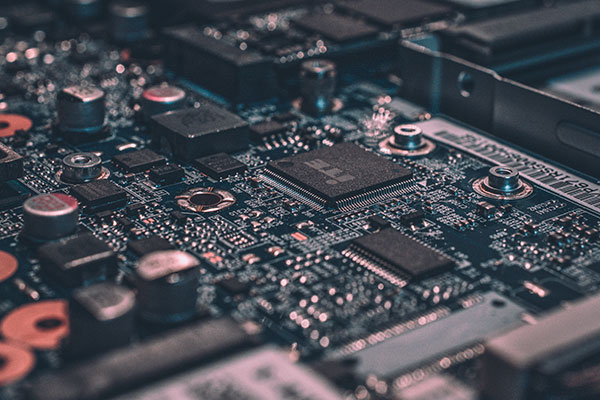 |
 |
|
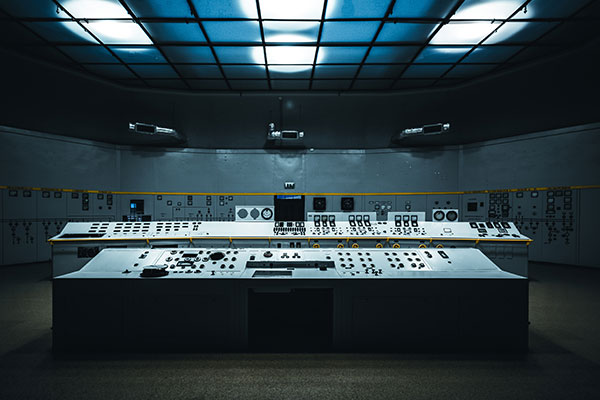 |
Because of the corrosive gas corrosion of equipment is long and large area, the fixed number of year of breakdown will be as contaminants gathered further shortened, its influence has obvious lag, short-term often ignored due to it is not easy to be found, once appear problem is widespread, the higher the level of the greater the loss of data center. The chemical filtration solution provided by IIECC is able to effectively remove air pollutants and provide reliable safety protection for all processes in sensitive areas. |
 |
Products & Services
-
Pressurization Purification System
Pressurization Purification System (PPS) can be used for high concentrations of odors & corrosive contaminants and municipal & industrial air purification and it can also be used for the abatement of releases of toxic airborne contaminants, thus preventin
-
Recirculation Purification System
Recirculation Purification System (RPS) is an independent and complete air purification equipment. It is designed to be placed indoors, and the air is circulated and purified to protect people from indoor air pollution, and make sure that the electronic
-
MAHS Series
MAHS offers total design flexibility for the control of particulate contaminants as well as gaseous contaminants.
| Diagnostic procedures such as CT scans and MRI, as well as sophisticated medical procedures such as robotic surgery and radiotherapy, rely on sophisticated electronic equipment and computers. The complex electronic components of these devices can easily be damaged by corrosive gases or components in common indoor air. IIECC’s customized chemical solution will protect these electronic components from corrosion. |
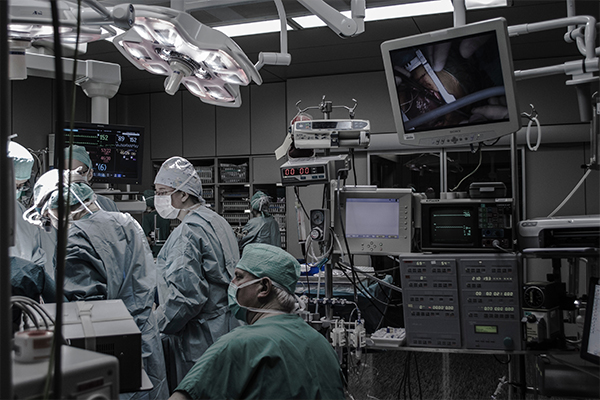 |
 |
Products & Services
-
Recirculation Purification System
Recirculation Purification System (RPS) is an independent and complete air purification equipment. It is designed to be placed indoors, and the air is circulated and purified to protect people from indoor air pollution, and make sure that the electronic
-
MAHS Series
MAHS offers total design flexibility for the control of particulate contaminants as well as gaseous contaminants.



